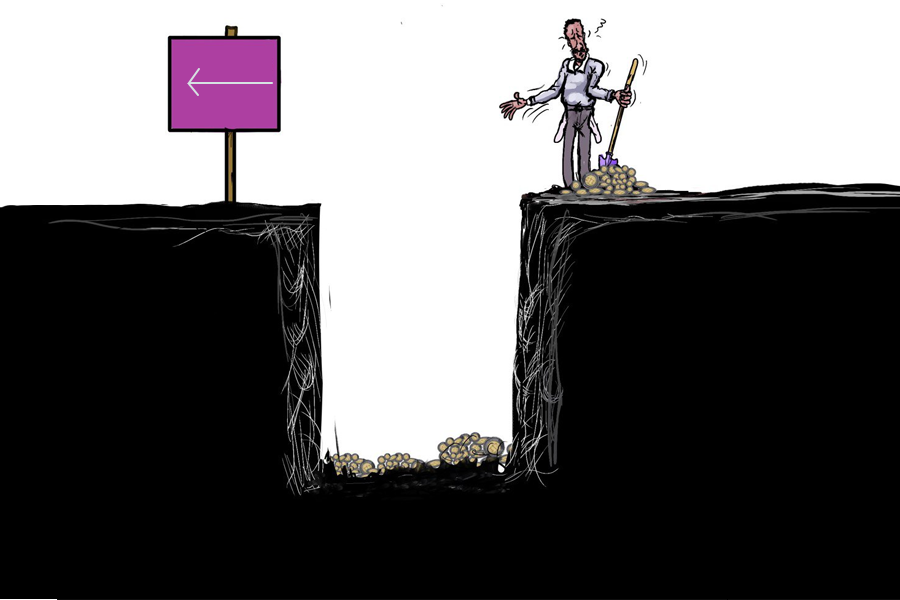
Editorial | Mar 18,2023
Dec 16 , 2023
By Ngozi Okonjo-Iweala , Makhtar Diop
A crucial yet often overlooked catalyst for growth lies in trade finance. This underappreciated tool is vital for smooth international trade, yet its uneven accessibility is a growing concern. Advanced economies enjoy ample and affordable trade finance, but it remains a distant reality for many low-income countries. This disparity not only impedes global trade but also deepens economic inequalities, argue Ngozi Okonjo-Iweala, a director-general of the World Trade Organization (WTO), and Makhtar Diop, a managing director of the International Finance Corporation (IFC), in this commentary provided by Project Syndicate (PS).
The world economy is losing steam. With forecasts for output and trade well below the long-term average, reviving growth has become a top priority for policymakers everywhere. One underappreciated tool at their disposal is trade finance.
It is no secret that countries that have achieved sustained high growth and major reductions in poverty in recent decades owe much of their success to international trade. Less noticed is the fact that without trade finance – working capital for exporters and importers that enables them to mitigate the payment risks inherent in international transactions – cross-border trade would be reduced to a trickle.
One reason why trade finance gets overlooked is that, in advanced economies, it is both available and affordable. But this is not the case for low-income countries, where foreign banks have limited appetite to operate in the best of times. These markets' appeal is diminished further by tightening regulatory requirements – relating to capital adequacy, money laundering, and sanctions enforcement.
The upshot is that access to trade finance is highly uneven across countries and businesses. Research carried out jointly by the International Finance Corporation (IFC) and the World Trade Organization (WTO) shows that, at most, 25pc of trade in West Africa and the Mekong region is supported by trade finance, compared to 60pc to 80pc in advanced economies.
When firms in West Africa manage to access trade finance, the rates they receive are well above the local policy rate, even though financing trade is generally viewed as low-risk since the goods being shipped serve as collateral. The premium over local benchmark rates amounts to four to 10 percentage points for large corporations and seven to 17 percentage points for small businesses, compared to around one percentage point or less for advanced-economy firms.
In emerging-market and developing economies, the gap between demand for trade finance and supply is in the neighbourhood of 2.5 trillion dollars, according to estimates by the Asian Development Bank (ADB). The gap is largest for micro, small, and medium-sized enterprises (MSMEs) and businesses led by women, who are more likely than men to be turned down for trade finance. Otherwise, viable transactions often must be abandoned.
Closing the trade-finance gap would not only yield major dividends for global trade but also help countries create jobs, reduce poverty, and ensure access to critical goods like food and medicine. On average, WTO economists estimate that an increase in trade-finance coverage from 25pc to 40pc – an entirely realistic scenario – would increase annual trade flows by eight percent. As MSMEs and others gain access to global production and trade networks, boosting growth and employment, world trade will become more diverse, dynamic, and socially inclusive.
Three fundamental changes are needed to get more trade finance to those who need it. The first is to develop and promote a more granular understanding of trade-finance ecosystems in emerging markets and developing economies.
The recent IFC-WTO research shows that, of all the firms that could participate in trade, only a fraction attempt to secure trade finance from banks. The rest are discouraged by the prospect of high costs and collateral requirements, as well as by previous rejections. An IFC-WTO study last year found that, in West Africa, only well-established exporters and importers could access trade finance.
The IFC and the WTO are tackling these problems by training banks and MSMEs in developing economies to disseminate knowledge about available trade-finance solutions and addressing issues like excessive collateral requirements and negative credit-risk perceptions, so that more applications are approved. Our latest joint report offers insights into this effort from Cambodia, the Lao People’s Democratic Republic, and Vietnam.
The second change needed is an increase in support for trade in low-income countries through financing and guarantees.
During the COVID-19 pandemic, IFC trade-finance programs enabled local banks to support importing and exporting food, medicines, and other critical goods in countries where international banks had withdrawn. In the last fiscal year, the IFC supported 16 billion dollars in essential trade flows, bridging the divide between the perceived and actual risk of providing trade finance in emerging-market and developing economies.
Beyond the financing itself, time-bound support from organisations like the IFC can provide much-needed know-how to developing-economy banks, giving them the confidence to provide trade finance to underserved businesses in their domestic markets. Greater cooperation on trade finance would bolster ongoing efforts by multilateral development banks and development finance institutions.
The third change must be to integrate local producers into global supply chains.
Supply-chain trade represents half of all global trade, and two-thirds of international trade for Cambodia and Vietnam. However, it accounts for only two percent of available trade finance supplied locally in Vietnam, and almost no supply-chain finance is locally available in Cambodia. Lower-tier local producers in these underserved markets are under significant financial pressure when they trade. Already, the IFC is doing its part to address this problem: in 2022, it established a program dedicated to increasing supply-chain finance to emerging-market suppliers. Other development finance institutions and private-sector financial institutions can and should follow suit.
Trade and supply-chain finance has quietly propelled enormous gains in living standards in recent decades. With just a few key changes, it can help more economies take off, boosting people’s livelihoods and the global economy.
PUBLISHED ON
Dec 16,2023 [ VOL
24 , NO
1233]

Editorial | Mar 18,2023

My Opinion | Jun 24,2023
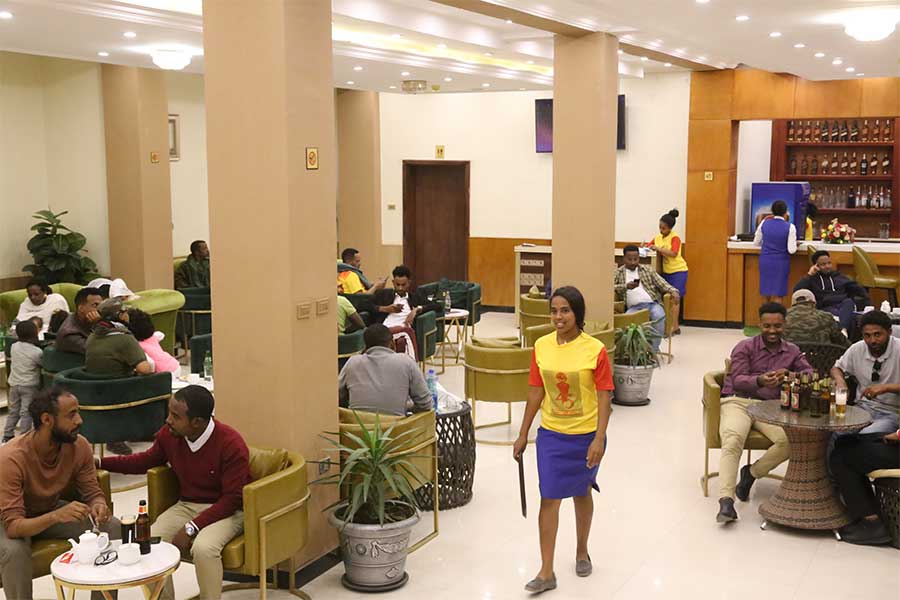
Agenda | Feb 22,2020

Commentaries | Dec 19,2021
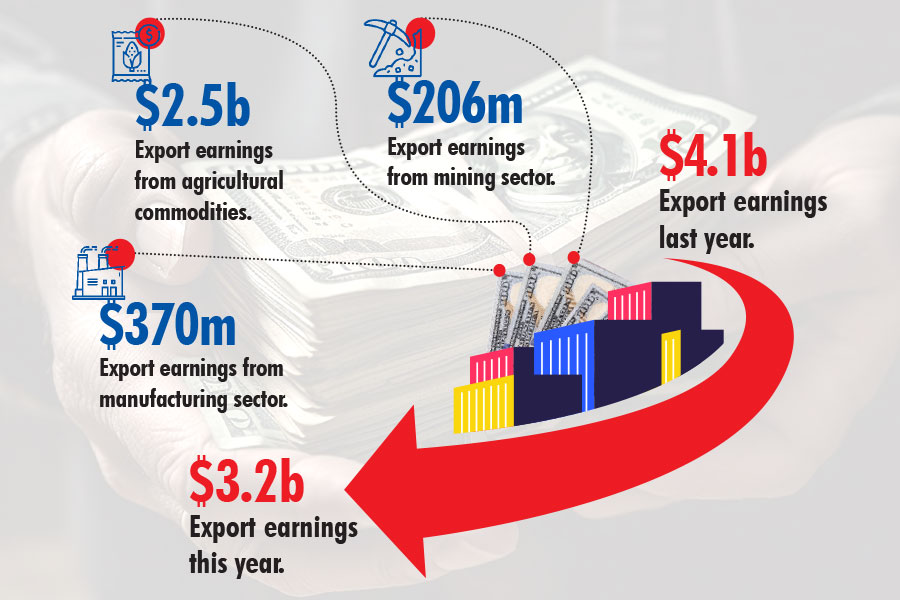
Fortune News | Jul 01,2023
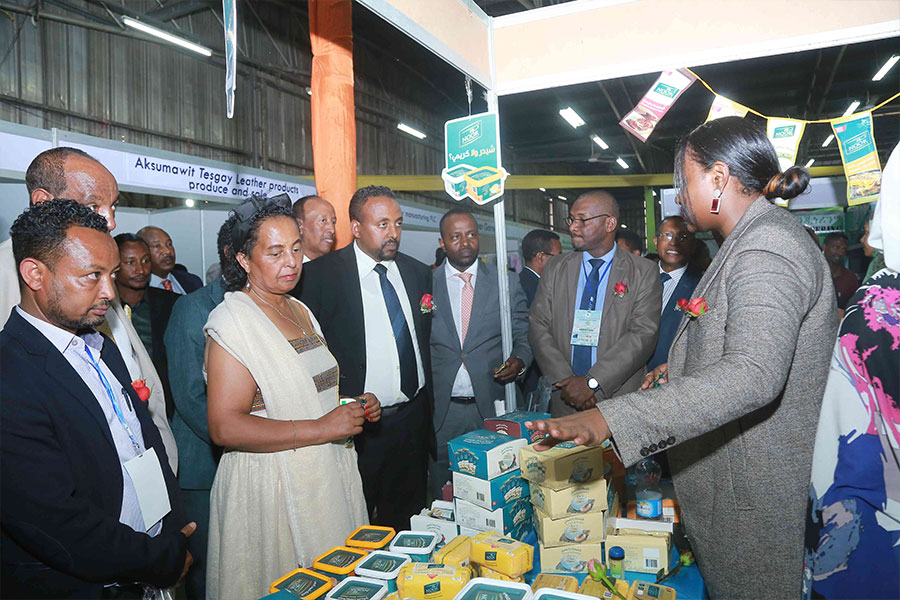
Radar | Feb 25,2023

Sunday with Eden | May 09,2020
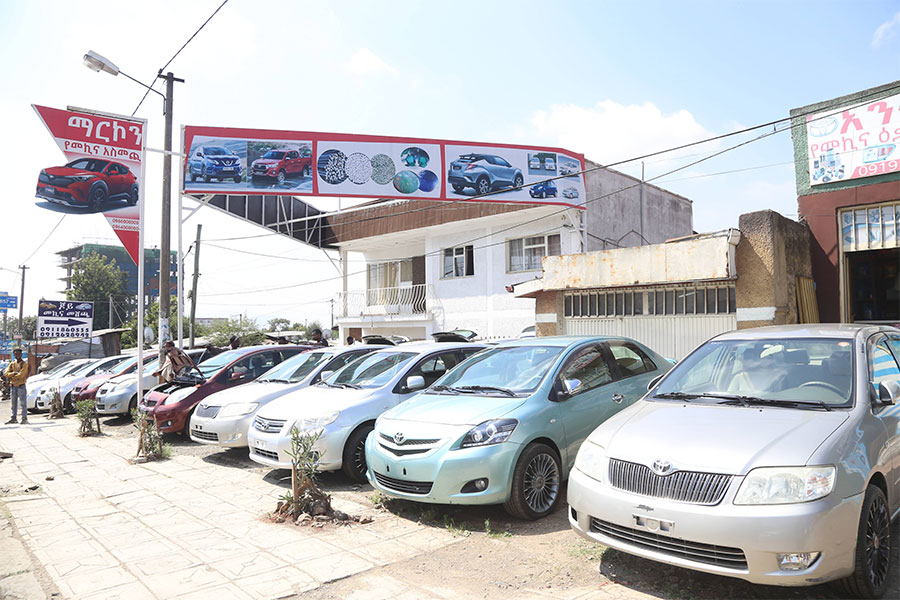
Fortune News | Apr 22,2022
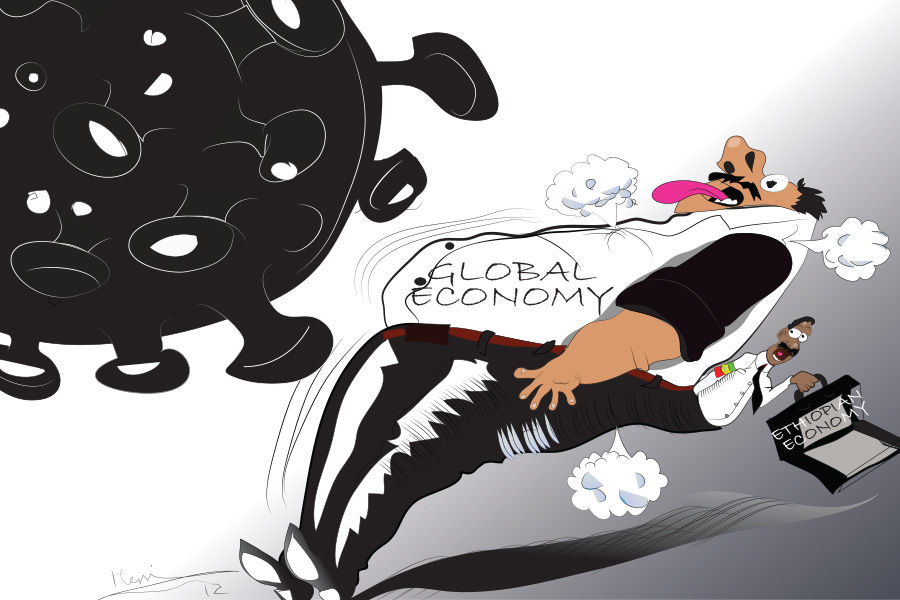
Editorial | Mar 14,2020

Viewpoints | Sep 08,2024

Photo Gallery | 176185 Views | May 06,2019

Photo Gallery | 166397 Views | Apr 26,2019

Photo Gallery | 156861 Views | Oct 06,2021

My Opinion | 136881 Views | Aug 14,2021

Dec 22 , 2024 . By TIZITA SHEWAFERAW
Charged with transforming colossal state-owned enterprises into modern and competitiv...

Aug 18 , 2024 . By AKSAH ITALO
Although predictable Yonas Zerihun's job in the ride-hailing service is not immune to...

Jul 28 , 2024 . By TIZITA SHEWAFERAW
Unhabitual, perhaps too many, Samuel Gebreyohannes, 38, used to occasionally enjoy a couple of beers at breakfast. However, he recently swit...

Jul 13 , 2024 . By AKSAH ITALO
Investors who rely on tractors, trucks, and field vehicles for commuting, transporting commodities, and f...

Oct 18 , 2025
The political establishment, notably the ruling party and its top brass, has become p...

Oct 11 , 2025
Ladislas Farago, a roving Associated Press (AP) correspondent, arrived in Ethiopia in...

Oct 4 , 2025
Eyob Tekalegn (PhD) had been in the Governor's chair for only weeks when, on Septembe...

Sep 27 , 2025
Four years into an experiment with “shock therapy” in education, the national moo...

Oct 18 , 2025 . By NAHOM AYELE
In a sweeping reform that upends nearly a decade of uniform health insurance contribu...

A bill that could transform the nutritional state sits in a limbo, even as the countr...

Oct 18 , 2025 . By SURAFEL MULUGETA
A long-planned directive to curb carbon emissions from fossil-fuel-powered vehicles h...

Oct 18 , 2025 . By BEZAWIT HULUAGER
Transaction advisors working with companies that hold over a quarter of a billion Bir...